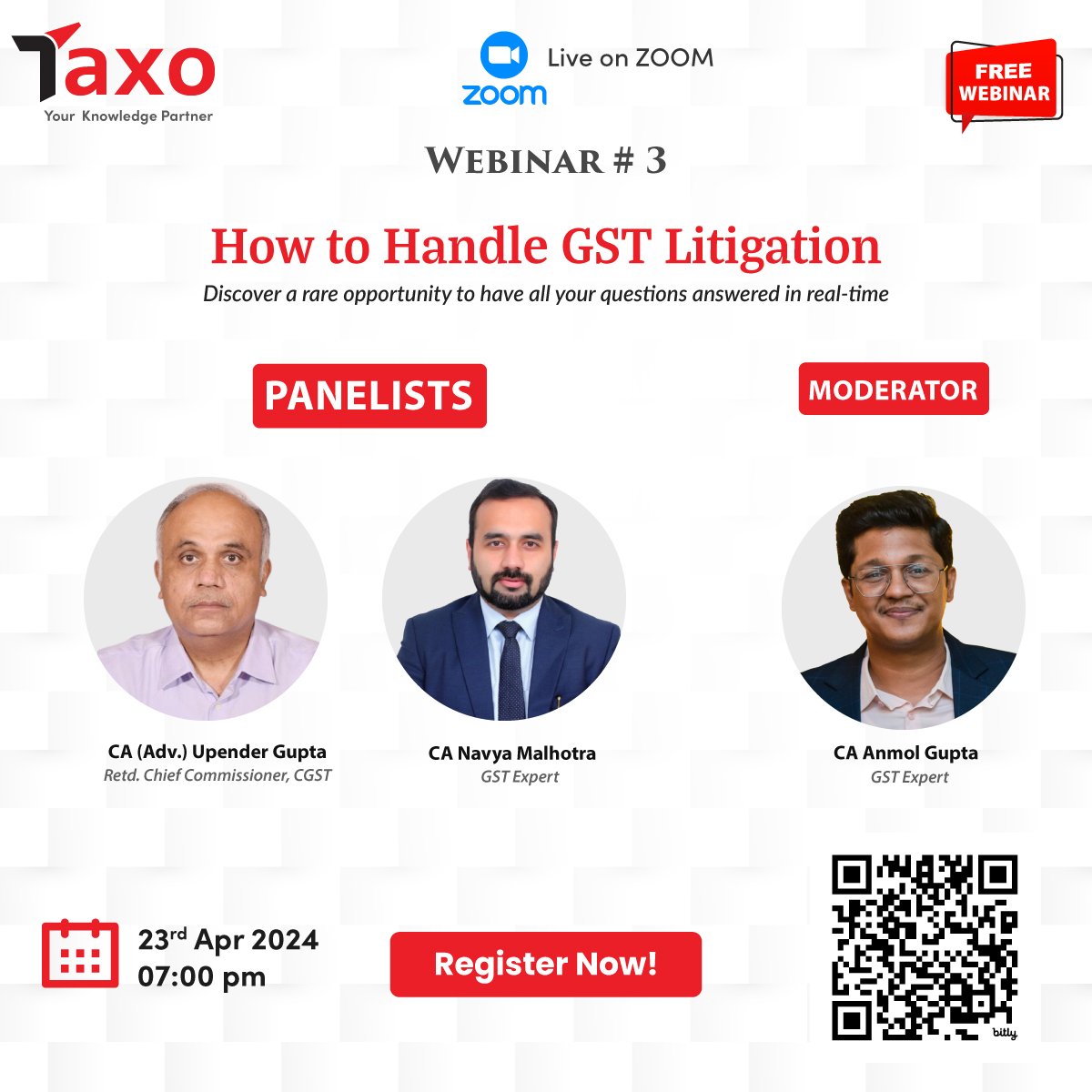Recently, Hon’ble High Court of Madras, in the matter of ARS Steels & Alloy International Pvt. Ltd vs. State Tax Officer, W.P No. 2885 of 2020 etc., held that Input Credit shall be allowed on inputs inherently lost in manufacturing process.
The petitioner is engaged in the manufacture of MS Billets and Ingots. MS scrap is an input in the manufacture of MS Billets and the latter, in turn, constitutes an input for manufacture of TMT/CTD Bars. There is a loss of a small portion of the inputs, inherent to the manufacturing process. The impugned orders seek to reverse a portion of the ITC claimed by the petitioners, proportionate to the loss of the input, referring to the provisions of Section 17(5)(h) of the GST Act
Sub-section (5) of Section 17 of CGST Act, 2017 provided the situation were the ITC claimed shall be restricted and its relevant clause (h) is mentioned below:
“17(5)(h) Notwithstanding anything contained in subsection (1) of section 16 and subsection (1) of section 18, input tax credit shall not be availed in respect of the goods lost, stolen, destroyed, written off or disposed of by way of gift or free samples”
Mr. Mudimannan, counsel for the petitioner raised the issue in Writ Petition, whether a reversal of Input Tax Credit (ITC) is contemplated in relation to loss arising from manufacturing process. In his view clause (h) indicate loss of inputs that are quantifiable and involve external factors or compulsions. A loss that is occasioned by consumption in the process of manufacture is one which is inherent to the process of manufacture itself. Further, as regards the Legislative history of this provision, the erstwhile Tamil Nadu Value Added Tax Act, 2006 contained an equivalent provision in Section 19 thereof, which deals with various situations arising from the grant and reversal of ITC. Section 19 (1) grants eligibility to ITC of the amount of tax paid under the TNVAT Act by a registered dealer. It sets out situations where such ITC shall be denied as well.
The single judge bench of the Honorable Dr. Justice Anita Sumanth relied on the case of Rupa & Co. Ltd. V. Cestat, Chennai (2015 (324) ELT 295), wherein a Division Bench of Madras High Court decided a question of law in regard to the entitlement to CENVAT credit involving the measure of inputs used in the manufacturing process, in terms of the provisions of Section 9A and 2(g) of the CENVAT Credit Rules, 2002. In this case a certain amount of input had been utilised by the assessee, whereas the input in the finished product was marginally less. The department proceeded to reverse the CENVAT credit on the difference between the original quantity of input and the input in the finished product. In this case the bench has noticed that some amount of consumption of the input was inevitable in the manufacturing process, held that CENVAT credit should be granted on the original amount of input used notwithstanding that the entire amount of input would not figure in the finished product.
Int the given case, the Madras High Court held that the reversal of ITC involving Section 17(5)(h) by the revenue, in cases of loss by consumption of input which is inherent to manufacturing loss is misconceived, as such loss is not contemplated or covered by the situations adumbrated under Section 17(5)(h) of CGST Act, 2017


